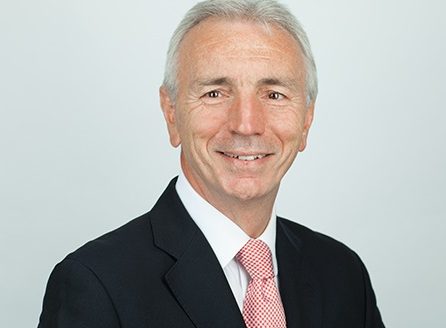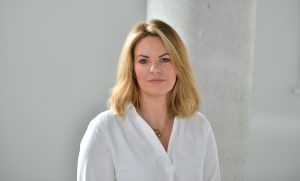Retirement – what does the future look like?

By Roger Clark, head of wealth management, Brown Shipley
The definition of retirement is evolving and whilst it almost certainly means a change of lifestyle, today it rarely means stopping work altogether.
A reduction in working hours, the pursuit of an interest or passion, an advisory or charitable role alongside spending more time with family; whatever path retirement takes, a number of questions require answers.
What income do I need in retirement? The answer is fundamental in determining the achievability of a chosen lifestyle. Expenditure funded from both income and capital is often the most tax efficient use of available funds.
Consideration should also be given to debt repayment at a point when there is no longer any earned income. This will be both an investment and a risk decision; the balance between the potential return by using capital for investment against the guaranteed return by using it to repay debt and, importantly, the comfort of maintaining debt in retirement.
What investments and pensions do I have? Consider the optimum asset ownership and income flows between partners to ensure the best use of tax reliefs and allowances. Consider both direct ownership of assets and investment wrappers which provide tax advantages.
Pensions can provide a tax efficient income through tax free cash entitlements. Final Salary Pensions will also provide a guaranteed taxable income with inflation proofing and spouses benefits. Money Purchase Pensions can also be used to provide a flexible income which may suit changing circumstances. If income can be provided from other investments, Money Purchase Pensions are an effective estate planning vehicle and a way of passing assets from one generation to the next.
How much risk should I take? A re-appraisal of investment risk tolerance, an objective and subjective assessment of risk, and capacity for loss, the level of investment loss sustainable without unduly affecting lifestyle, is essential. Regular earnings may no longer be available at the same level to cushion investment losses.
Do I need to protect my family now and in the future? Family protection, via life cover, may no longer be available through a business enterprise. However, some protection for financial dependants may still be required and available at relatively reasonable cost depending on health.
Also consider, in conjunction with a review of Wills, how and when to pass assets to the next generation, combining one’s own financial security with inheritance tax planning.
How do I put this all together in a plan? A bespoke wealth plan, focussed on personal objectives and tax efficiency, supported by a cash flow plan highlighting sustainability of expenditure requirements, will provide clarity on what is achievable.
In reality, this is the application of the same level of discipline to personal financial affairs as has been applied to business affairs and is essential in delivering an enjoyable and financially secure retirement.
Our Wealth Planning service can involve investing your capital which places it at risk. Investment risk means the value of your investments or any income can fluctuate and you may not get back some or all of the amount invested. We recommend our clients seek professional tax advice to understand their personal liability for investment income and/or gains. This will depend on personal circumstances and the prevailing tax rules, which are subject to change.
Roger Clark, head of wealth management, Brown Shipley – 0207 606 9833
https://brownshipley.com








